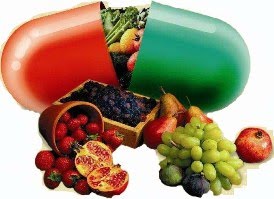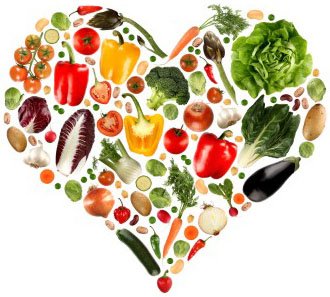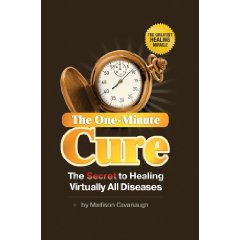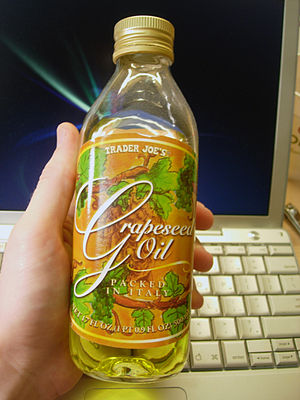
As massage therapists we strive to help our clients optimize their well-being. In our own lives, we are also striving to optimize our well-being — learning, growing and adapting to the changing needs of our bodies and minds.
Which is why we always recommend making sure your body has the right blend of nutrition for fuel. Eating a balanced diet of whole foods, high in fiber and rich in vitamins and minerals affects everything from your mood, to blood sugar, digestion, and your immune system all the way to various aches, pains and bloating and can even affect your body’s flexibility. Nutritional superiority is one of the reasons why we also recommend buying organics, when you can.

Why Buy Organic?
Besides the wonderful lack of man-made chemicals, organically grown food has a greater nutritional value. In fact, According to one study reported in Time Magazine, “the average vegetable found in today’s supermarket is anywhere from 5% to 40% lower in minerals (including magnesium, iron, calcium and zinc) than those harvested just 50 years ago.”
But Organics are Expensive
It’s true that buying organic can be more expensive but it’s getting less expensive every day. Many large chain supermarkets like Safeway and Fred Meyer even feature their own plain label organics lines, making it easier and cheaper than ever to buy organic — a move that mimics that of Trader Joes, who has always made specialty, gourmet and organic food affordable, by putting them under their own private label. The best part — the more people who buy organics, the more farms will convert to organic farming and the lower prices will go.
What to do if you Can’t Afford to Go all Organic
Until the day that organic pricing hits that of conventional prices, how do you balance the needs of your body and wallet? It’s easy, with Environmental Working Group’s (EWG) Dirty Dozen and Clean 15 lists.
EWG’s “Dirty Dozen” list calls out the 12 most pesticide residue-laden fruits and veggies to avoid buying conventional, while the “Clean 15″ — tells you which fruits and veggies are safe to buy conventional, without fear of high levels of pesticide residue. All in a handy dandy little guide you can print-out, and keep in your wallet. Not into paper? EWG has launched a new app, which means you’ll always have the list with you when you need it most.
EWG’s Dirty Dozen
- Apples
- Celery
- Strawberries
- Peaches
- Spinach
- Nectarines
- Grapes
- Sweet bell peppers
- Potatoes
- Blueberries– domestic
- Lettuce
- Kale/collard greens
EWG’s Clean 15
- Onions
- Sweet Corn
- Pineapples
- Avocado
- Asparagus
- Sweet peas
- Mangoes
- Eggplant
- Cantaloupe- domestic
- Kiwi
- Cabbage
- Watermelon
- Sweet potatoes
- Grapefruit
- Mushrooms
Just remember, doing something is better than doing nothing, when it comes to good health. So next time you’re grocery shopping, trying grabbing a few organics when faced with produce choices on the Dirty Dozen list and feel confident about the money you’re saving, worry-free, on those items you’re buying from the Clean 15.
Here’s to your health!
Related articles
- Apples top group’s most contaminated list (ajc.com)
- The Basics Of Eating Well… It’s Simpler Than You Think! (lindawagner.net)
- The Anti-Inflammatory Diet (2 Week Challenge) (nourishednutrition.com)




